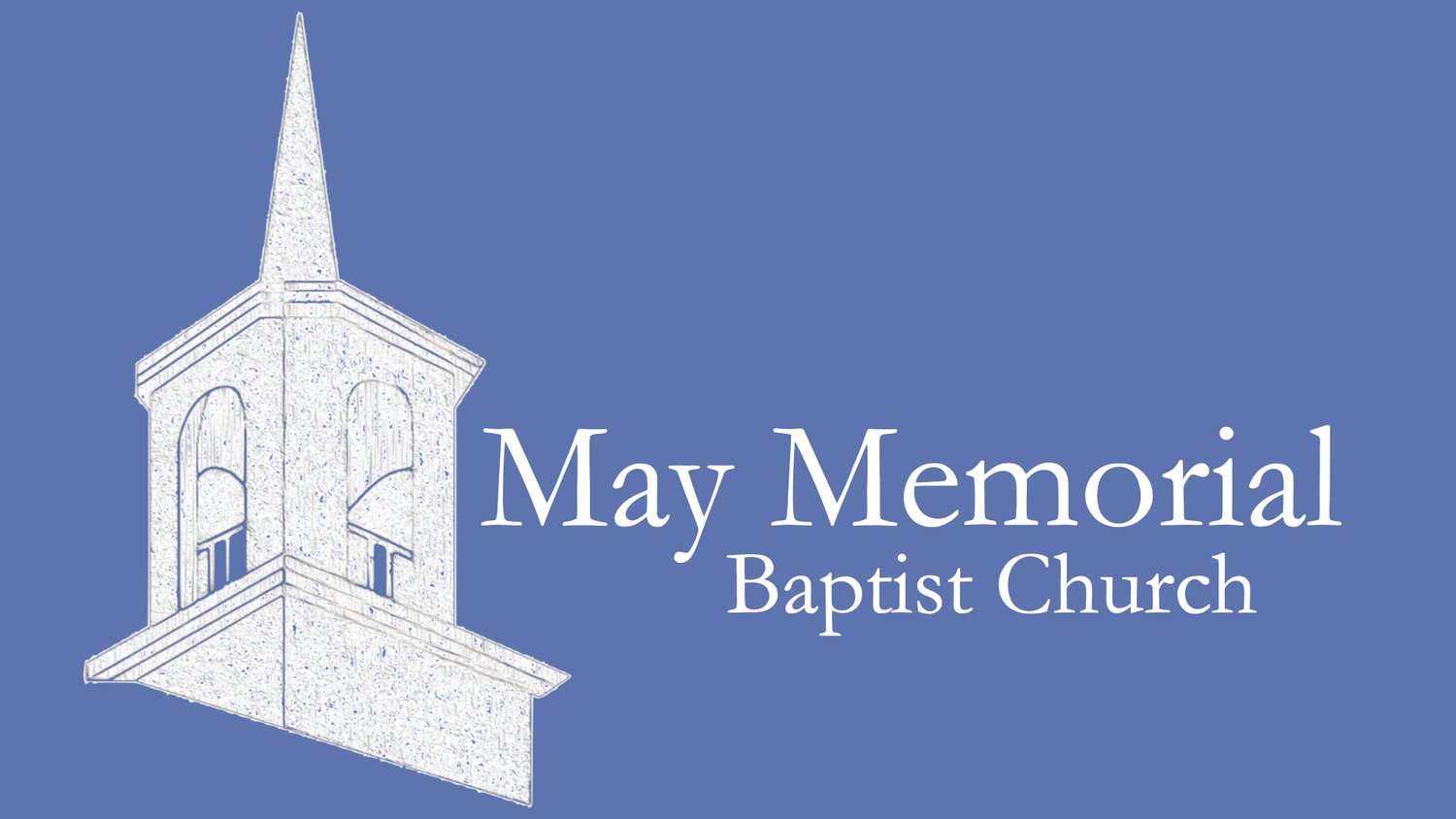Beauty in Barren and Dry Places
John Ames, Sr., born in 1880's Kansas, has taken his son, who bears his name, to find the grave of his father. John Ames, Jr., is the elderly Presbyterian Pastor in Marilynne Robinson’s fictional town of Gilead, Iowa, and he is writing to his son about faith, family, community, and his life’s experience. This boyhood trip with his father to find his grandfather’s grave is a story he recounts early in Robinson’s Gilead. The two Johns first travel by train, then they rent a horse and wagon, and they take the final part of their journey to find the grave on foot. The entire trip takes about a month, and it is a journey which they could not afford into a dry and barren Kansas. After finding some faithful Christians who remember the ministry of the deceased Ames (all of the Ames’ men were clergy), they finally locate the small, overgrown, and neglected graveyard.
John spends time with borrowed tools cleaning up the dry piece of land, setting tombstones back upright and repairing the broken fence. Then John Sr. sits on the ground beside the grave of his father, remaining there for two long hours. He stands, and he begins to pray. While he prays in that desolate place, John Jr. could not keep his eyes closed for such a long time, he opens his eyes and begins to look around. John Jr. is surprised, because to his amazement he says he sees the sun setting in the East. Young John had his bearings right, and after a moment of confusion he realizes that he is seeing the full moon rising just as he is seeing the sun setting in the opposite direction. He is overwhelmed at the moment, and reluctantly he speaks to his father who is still in the middle of his long prayer. The two John Ames stand in that parched and dreadful place, but when John Sr. is pulled out of his prayer to witness the setting sun and rising moon, he says “I would never have thought this place could be beautiful. I’m glad to know that.”
It seems to bring great comfort to him knowing that the place where his father’s remains were laid to rest is (or could be) a place of deep beauty. Up to that moment, it had only looked dry and deserted and dreadful, but when his eyes were opened from his prayer he saw the beauty that the place could hold.
We live in a world, a culture, that often looks only dreadful. We have witnessed it this year, the ugliness all around us. Thousands and thousands of deaths to COVID 19, the repeatedly televised senseless death of George Floyd, the ugly violence of protests that has left destroyed businesses and vulgar graffiti that I would just as soon my daughters didn’t see. Some days since March 15 have seemed just as dry and barren and ugly as that neglected cemetery in Marilynne Robinson’s Gilead. And living in this place takes a toll on us.
But remember, God calls us in the midst of our prayers to open our eyes, for there is beauty breaking through all around. We are called to see the light that is shining in dark places, and we are also called to reflect that light. We live in the “already/not yet,” a place where God’s kingdom already is come but not yet fully.
Where are the places you see God’s beauty today? Is it with your family, or maybe in seeing the dark green of late summer. Maybe it is a verse of scripture or a good meal with a friend. And how are you displaying the beauty of God’s kingdom in the world? An act of kindness, or a simple deed of mercy.
We are always in need of seeing the beauty of God’s kingdom, but our world needs is more now than ever. Keep your eyes open for it. Be the source of God’s beauty in the world.
